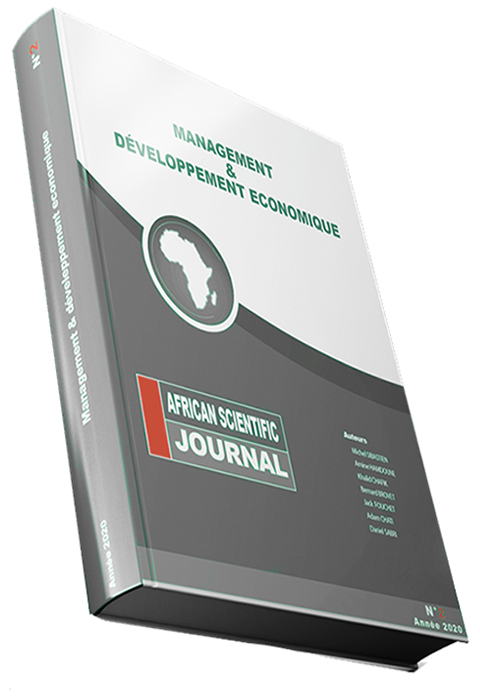Growth of the Kisantu health mutual: Analysis of the involvement of its beneficiaries and healthcare providers and their perception of the need for local institutional anchoring
DOI:
https://doi.org/10.5281/zenodo.16942352Abstract
Abstract
The growth or development of a mutual health insurance company depends, among other things, on the commitment of its stakeholders. The experience of Bwamanda is quite revealing, with 32,600 beneficiaries at the start in 1986, then stabilized at around 30% (70,000 beneficiaries) in 2020, thanks to the involvement of stakeholders.
As for the Kisantu health insurance scheme, its membership began with 830 beneficiaries in 2006 and will reach around 10,000 beneficiaries by 2023, representing less than 5% of the population.
In light of the success of Bwamanda, this study seeks to analyze the level of involvement of healthcare providers and mutual members in the growth of the Kisantu health mutual.
This is a qualitative study, using semi-structured interviews and focus groups. It was conducted in the Kisantu health zone, Kongo Central province in the Democratic Republic of Congo, from August 5 to 12, 2024.
The results indicate:
- a) Low participation of both health insurance beneficiaries and healthcare providers in its growth and management, characterized by delays in reimbursing healthcare to beneficiaries, failure to consider some of their demands, including the payment of a preferential premium or capping based on household size, and the staggering of premium payments throughout the year.
- b) Low accountability characterized by a lack of communication on the reasons for delays in paying providers' invoices, which compromises the quality of care.
- c) The mutual's weak anchoring in local political, administrative, and religious structures, the main actors in community mobilization. All of these reasons are the basis for the limited sense of ownership of the mutual health insurance.
Mutual health insurance accountability, with an emphasis on strengthening communication between stakeholders, as well as participation in decision-making, particularly through general meetings or representation by member delegates, are among the avenues that should boost the growth of the Kisantu mutual health insurance.
Keys Word: Growth, health, mutual, Kisantu, Analysis, involvement, beneficiaries, providers, healthcare, need, local, institutional, anchoring
Downloads
Published
How to Cite
Issue
Section
License
Copyright (c) 2025 African Scientific Journal

This work is licensed under a Creative Commons Attribution-NonCommercial-NoDerivatives 4.0 International License.





















